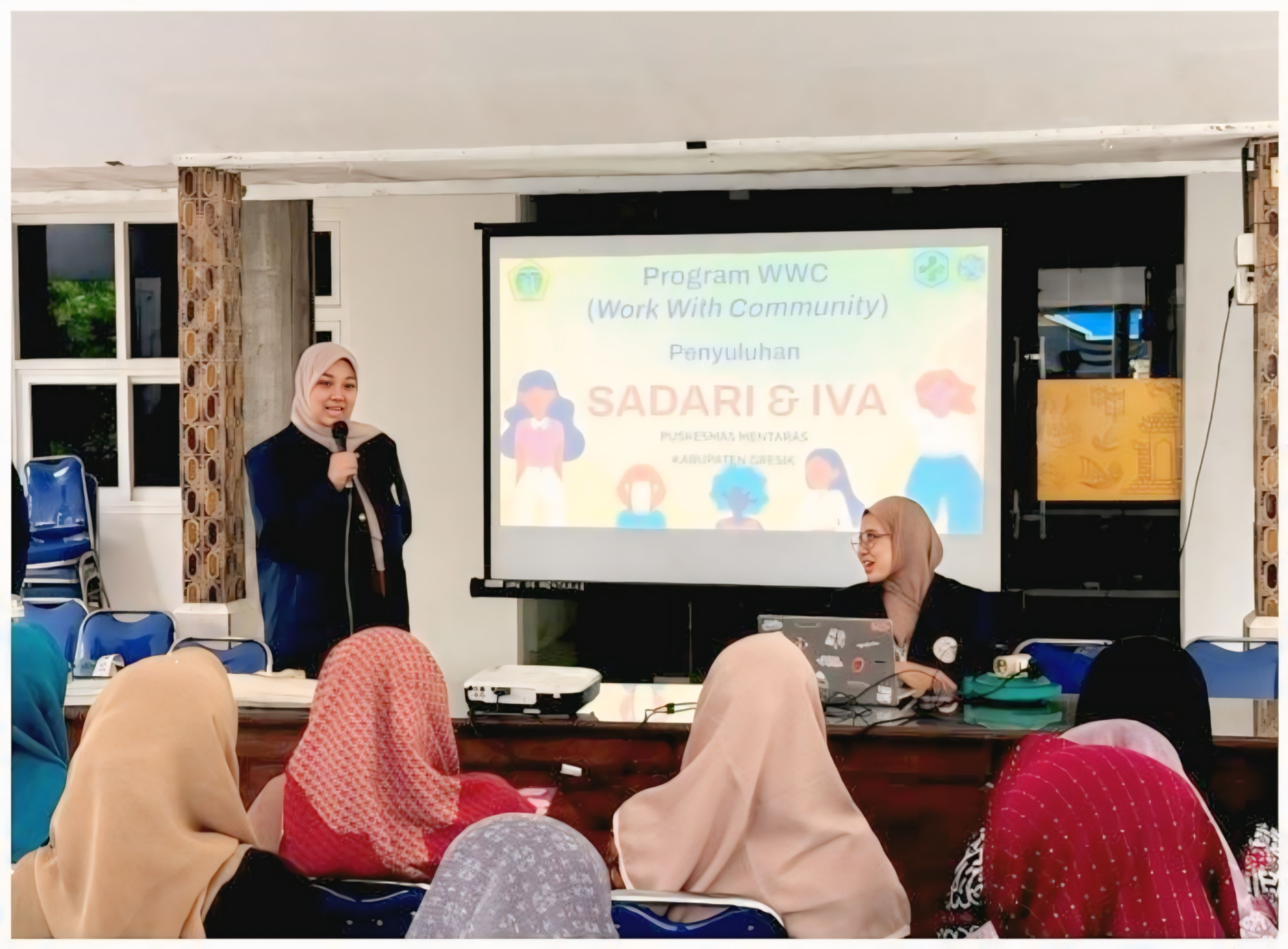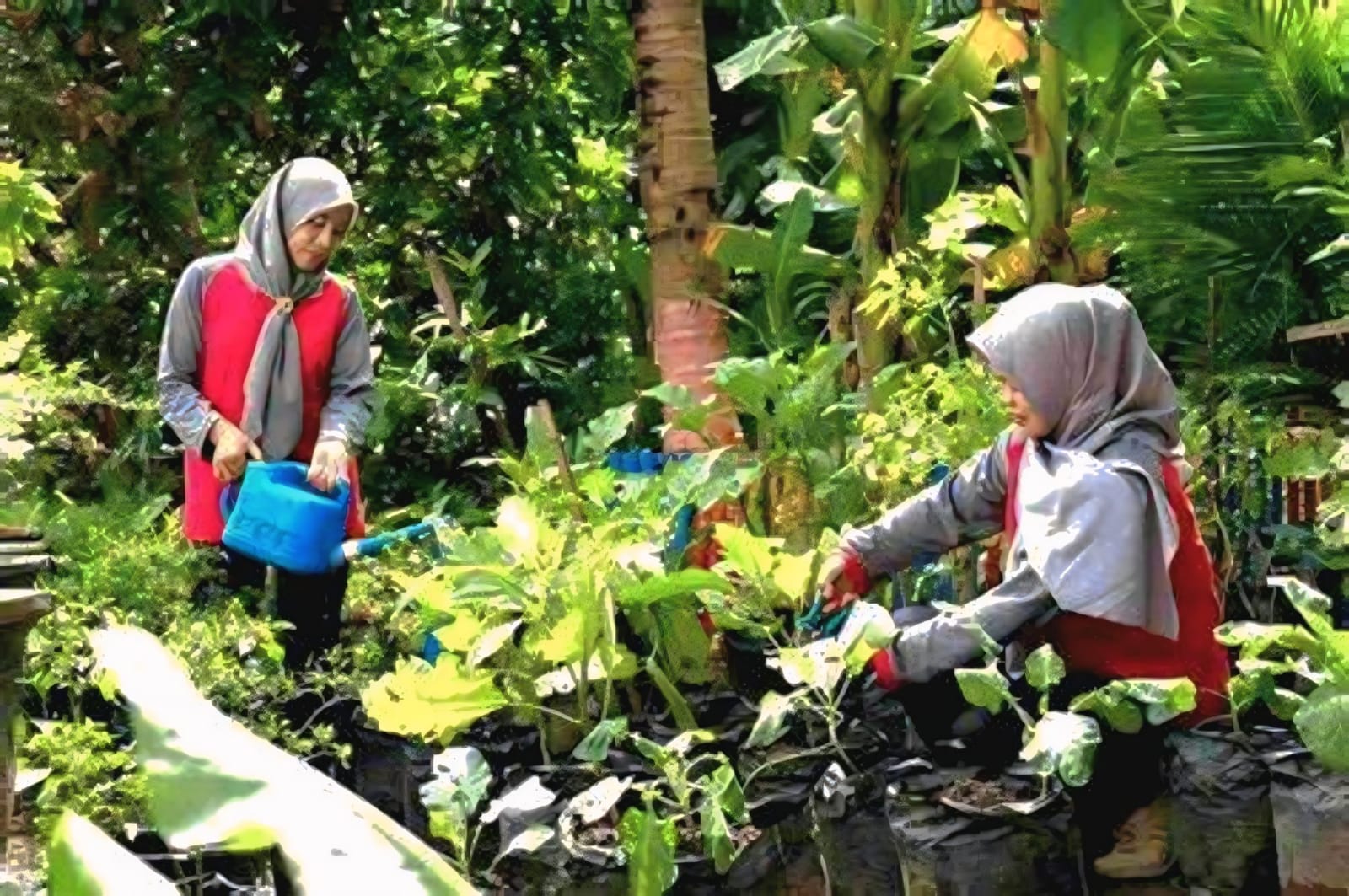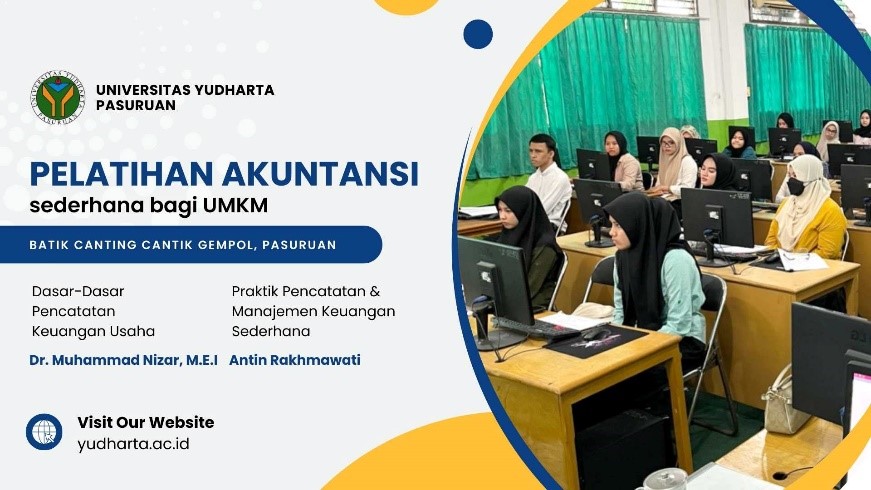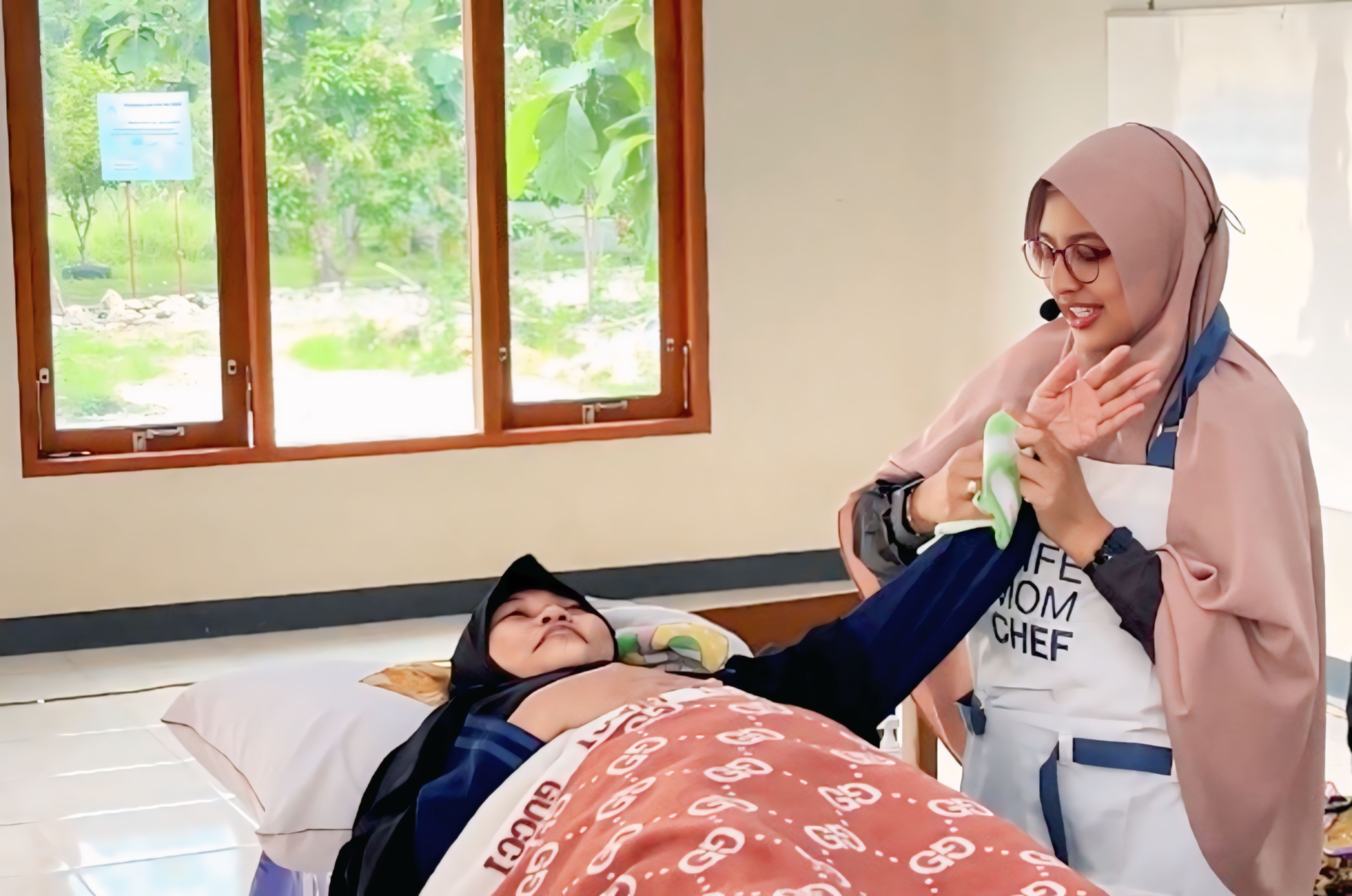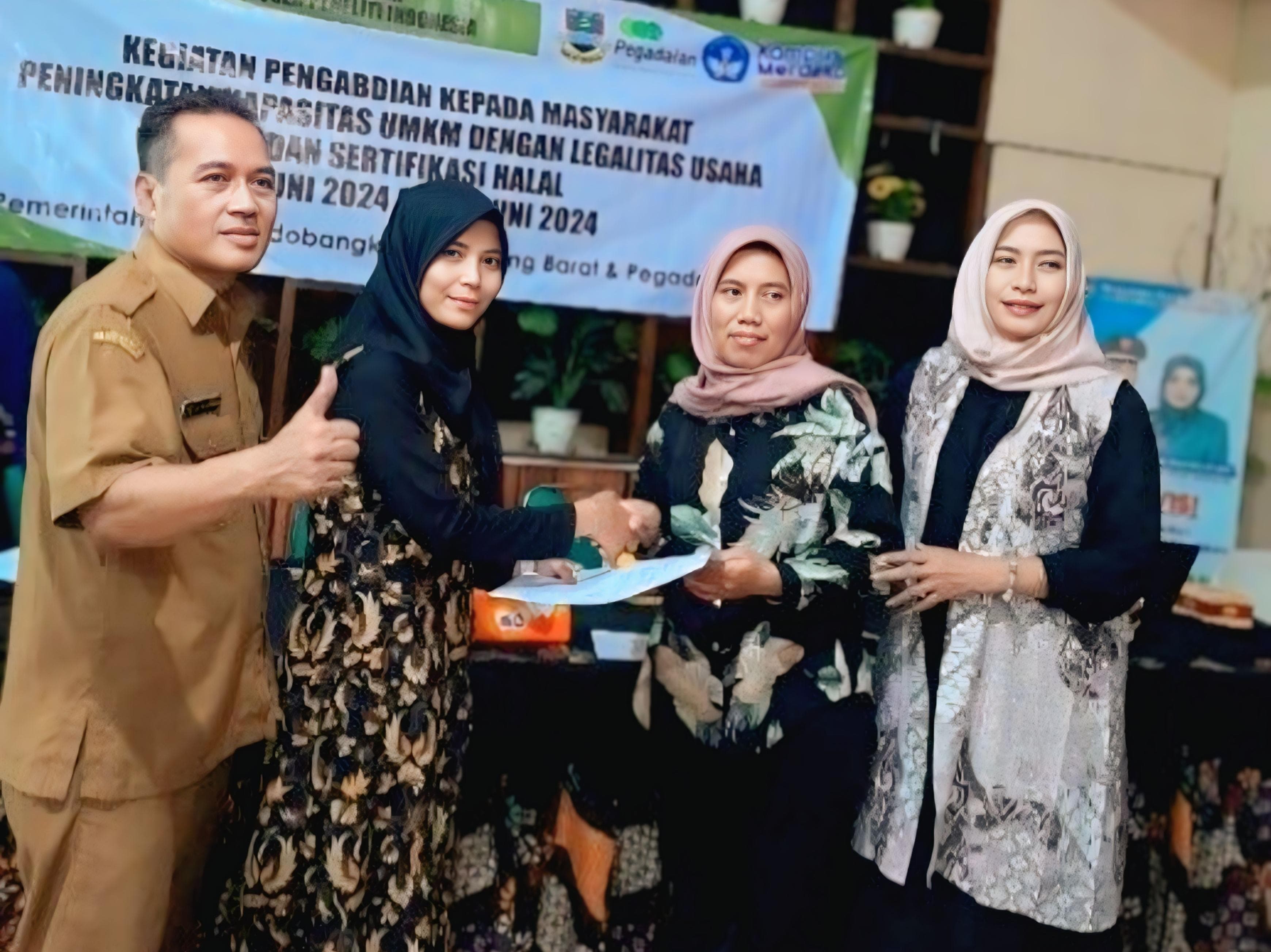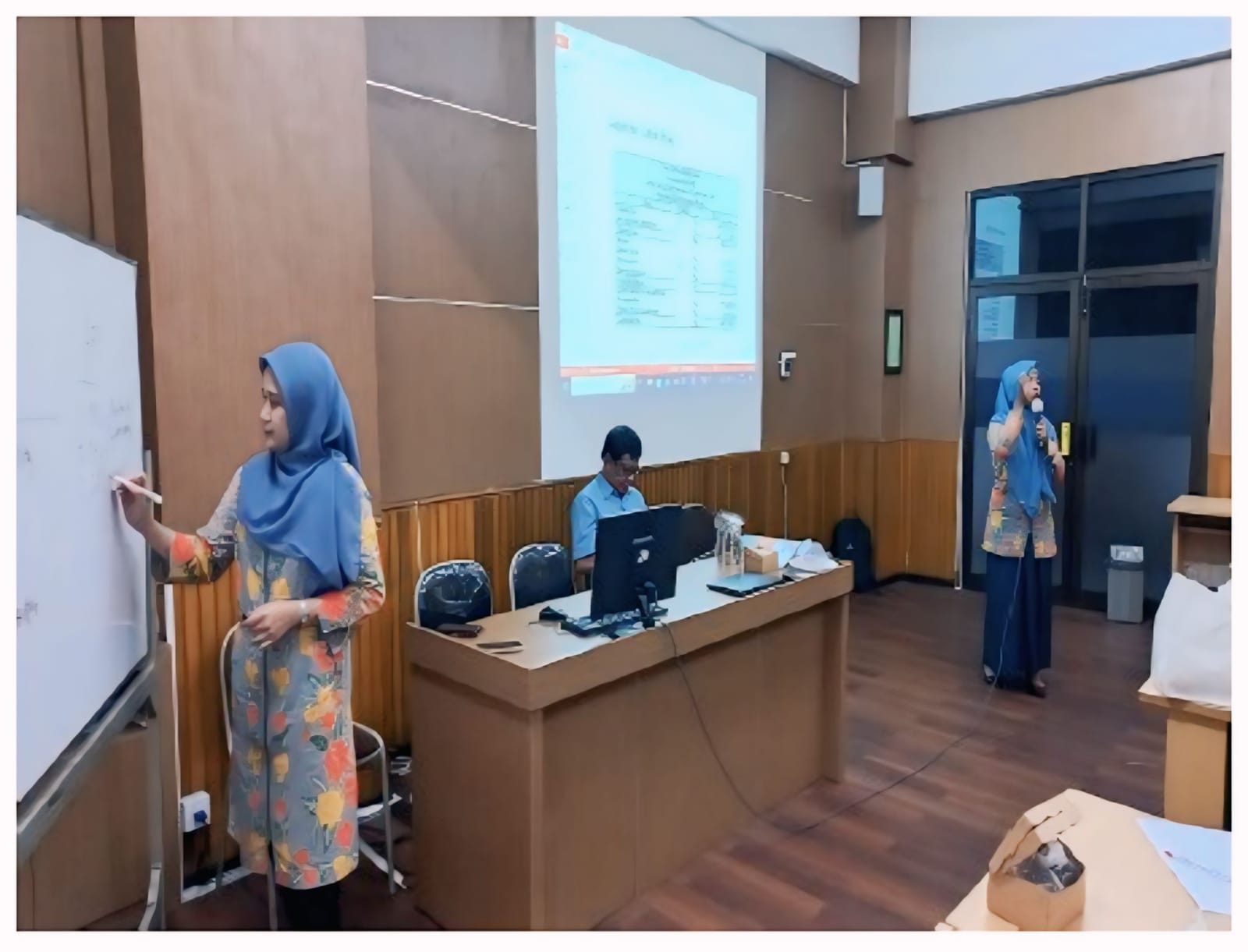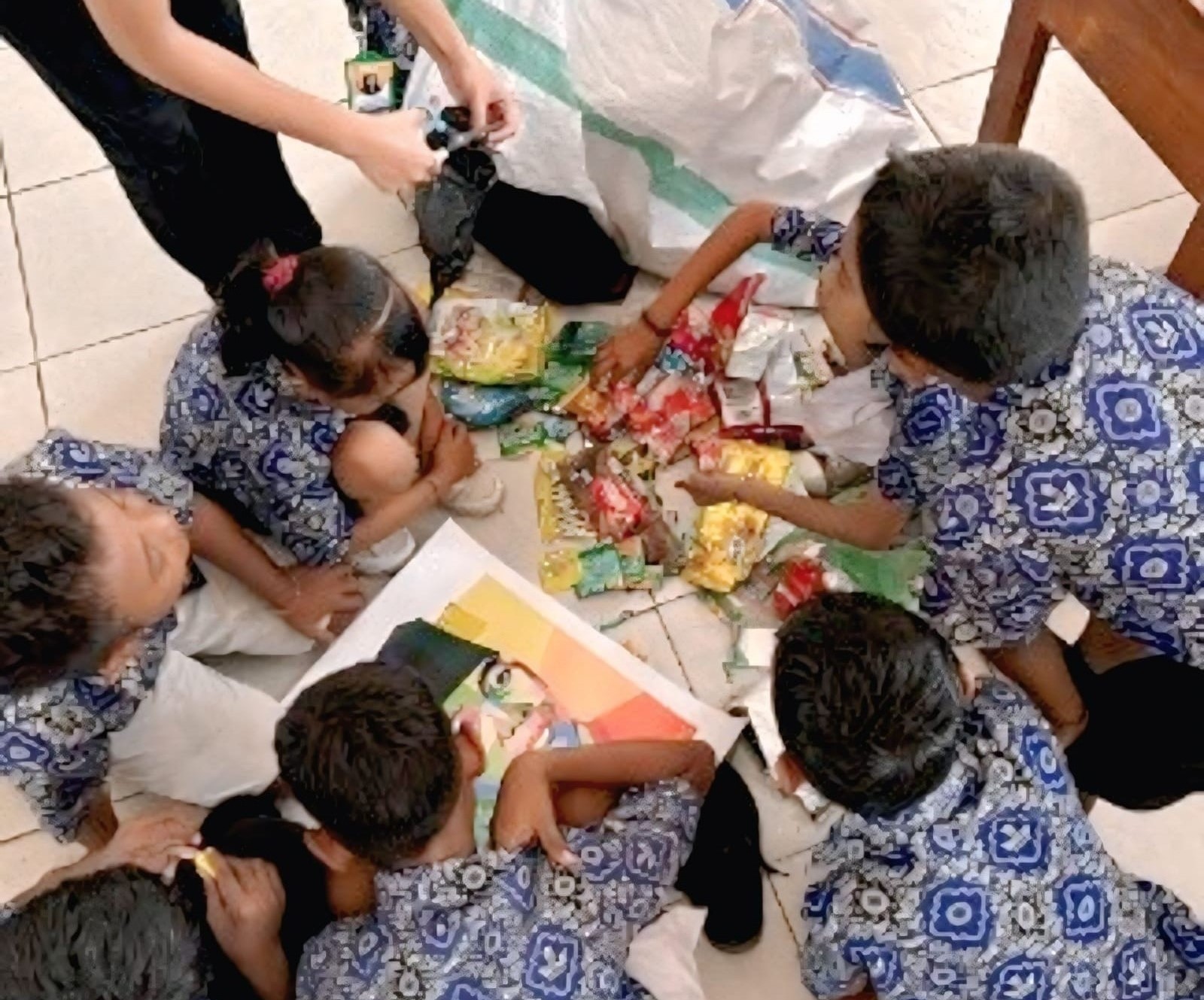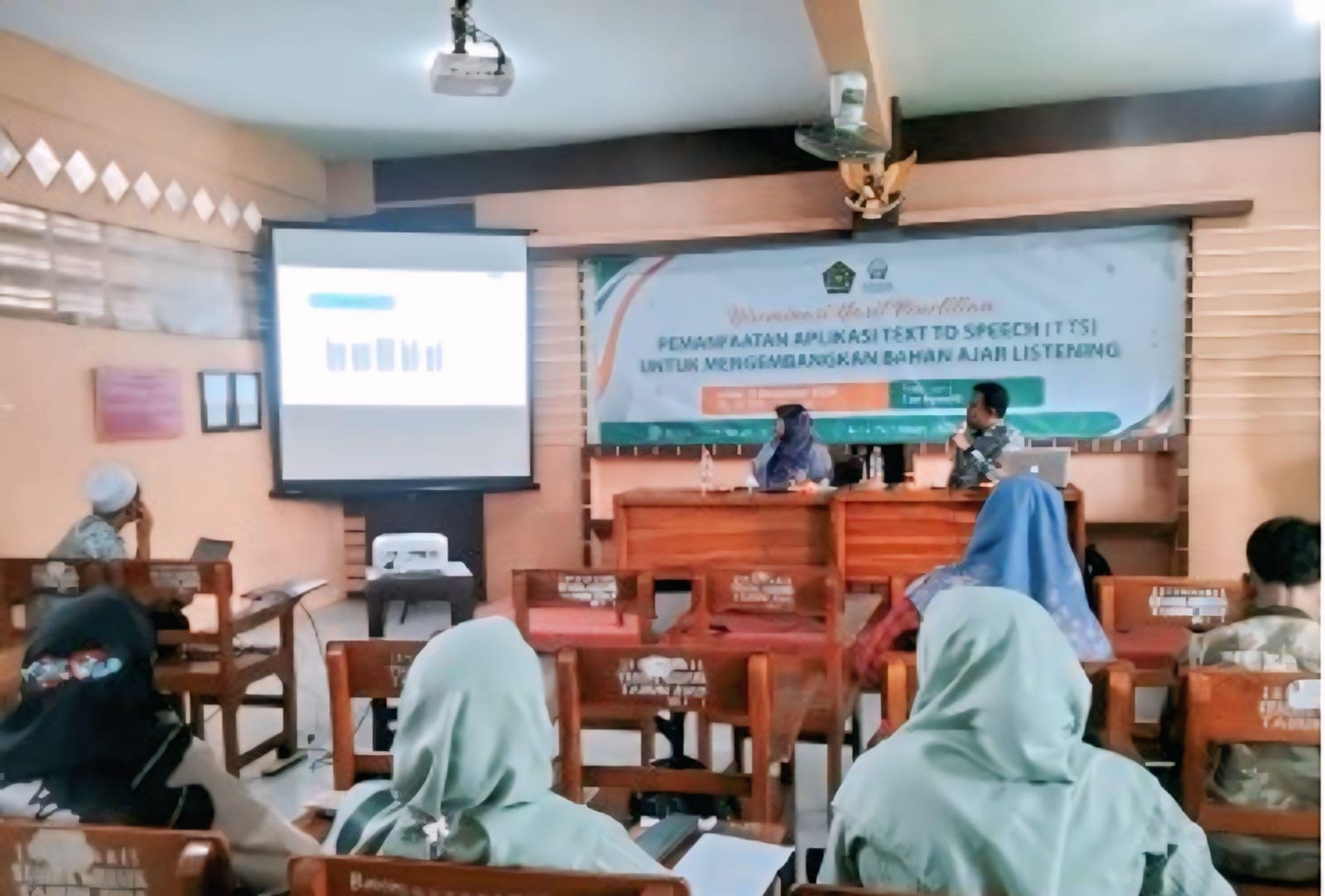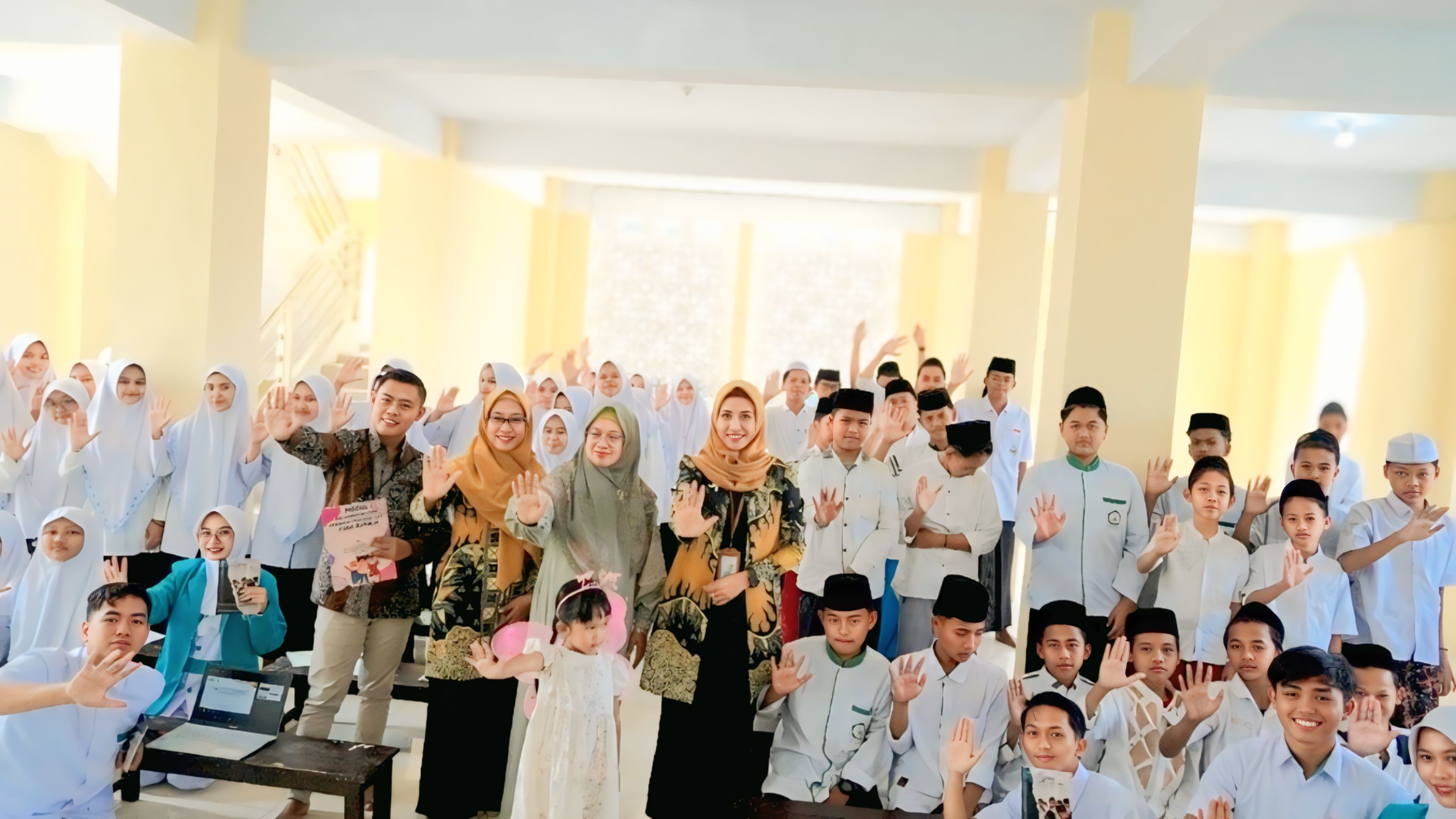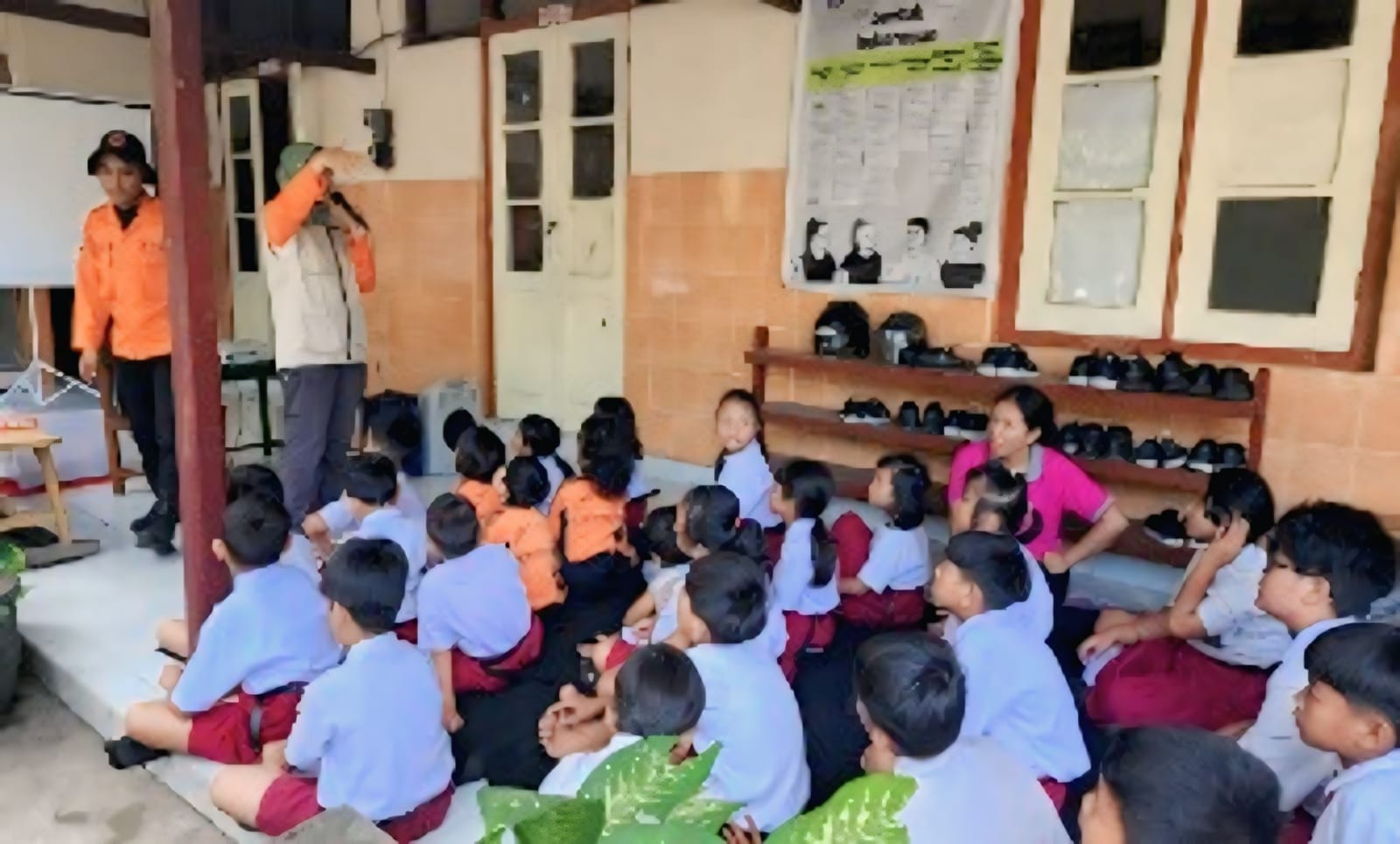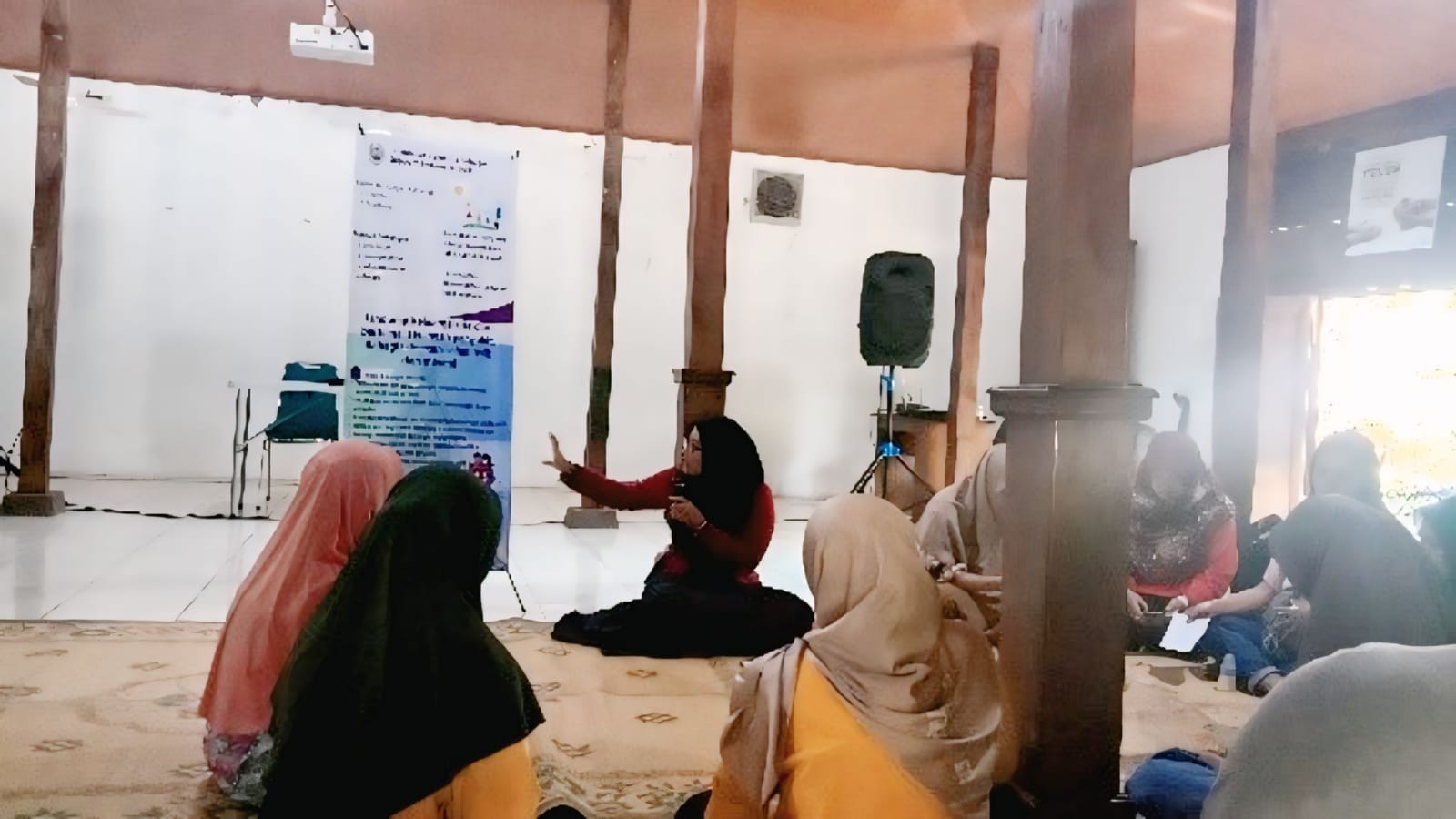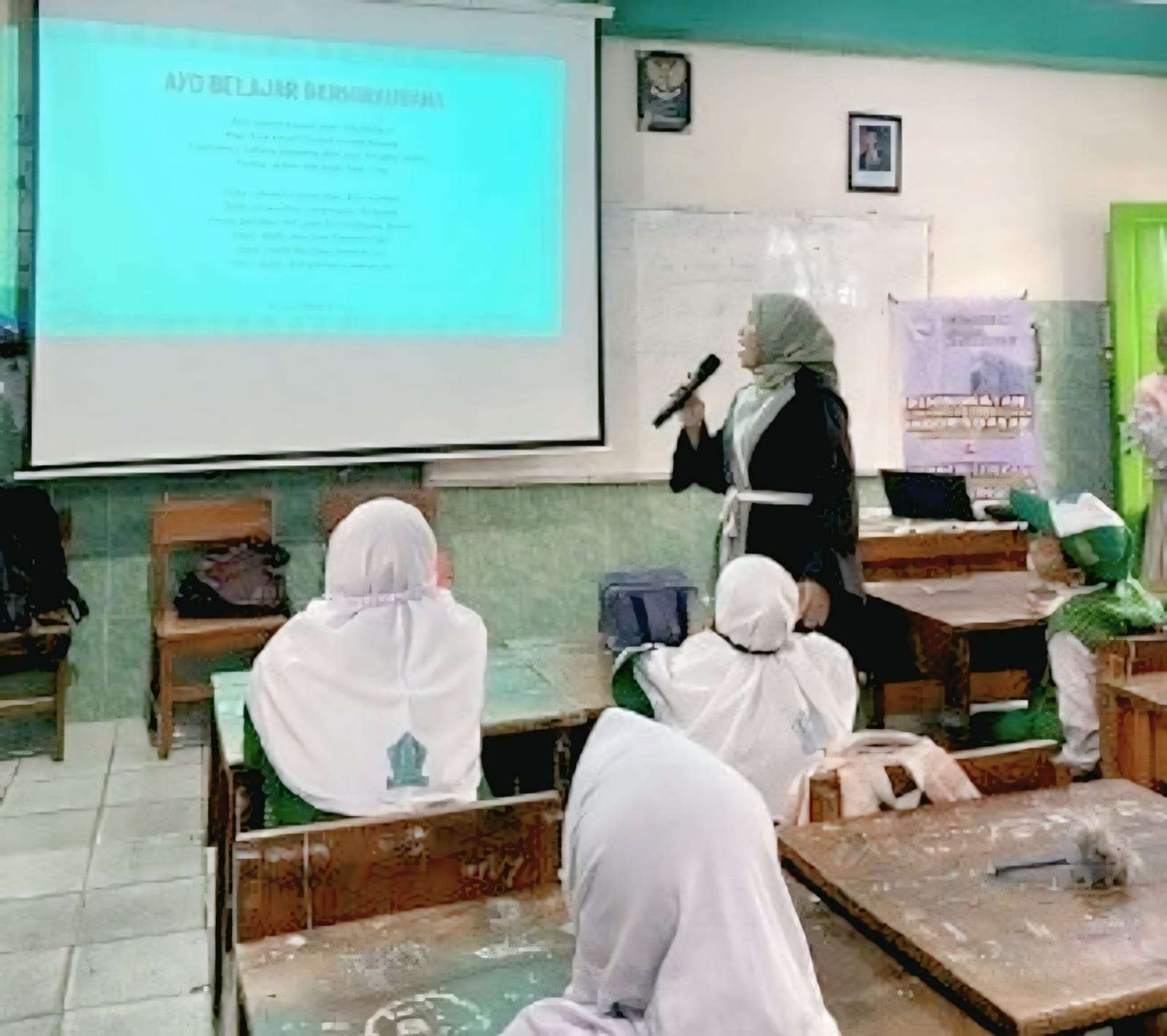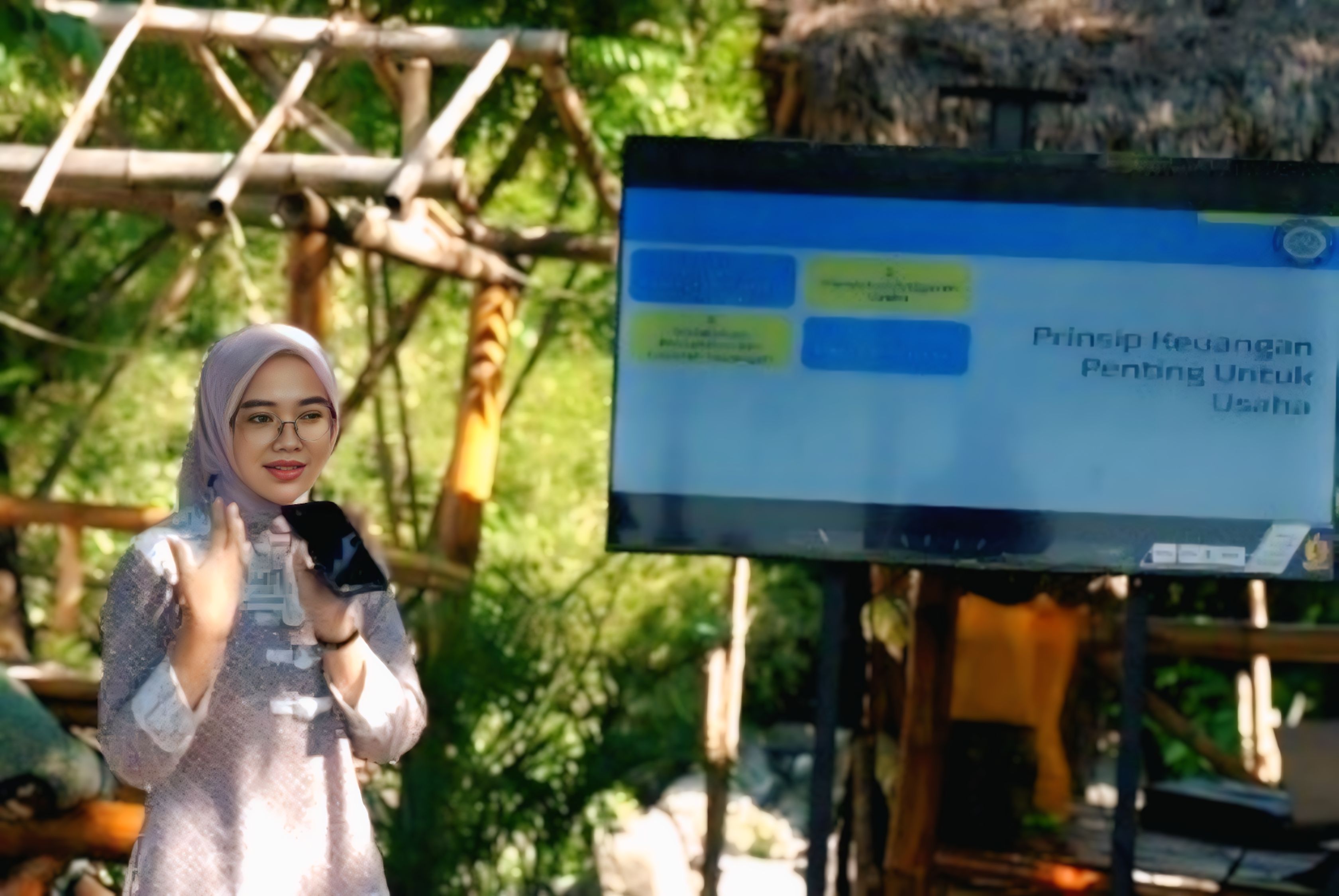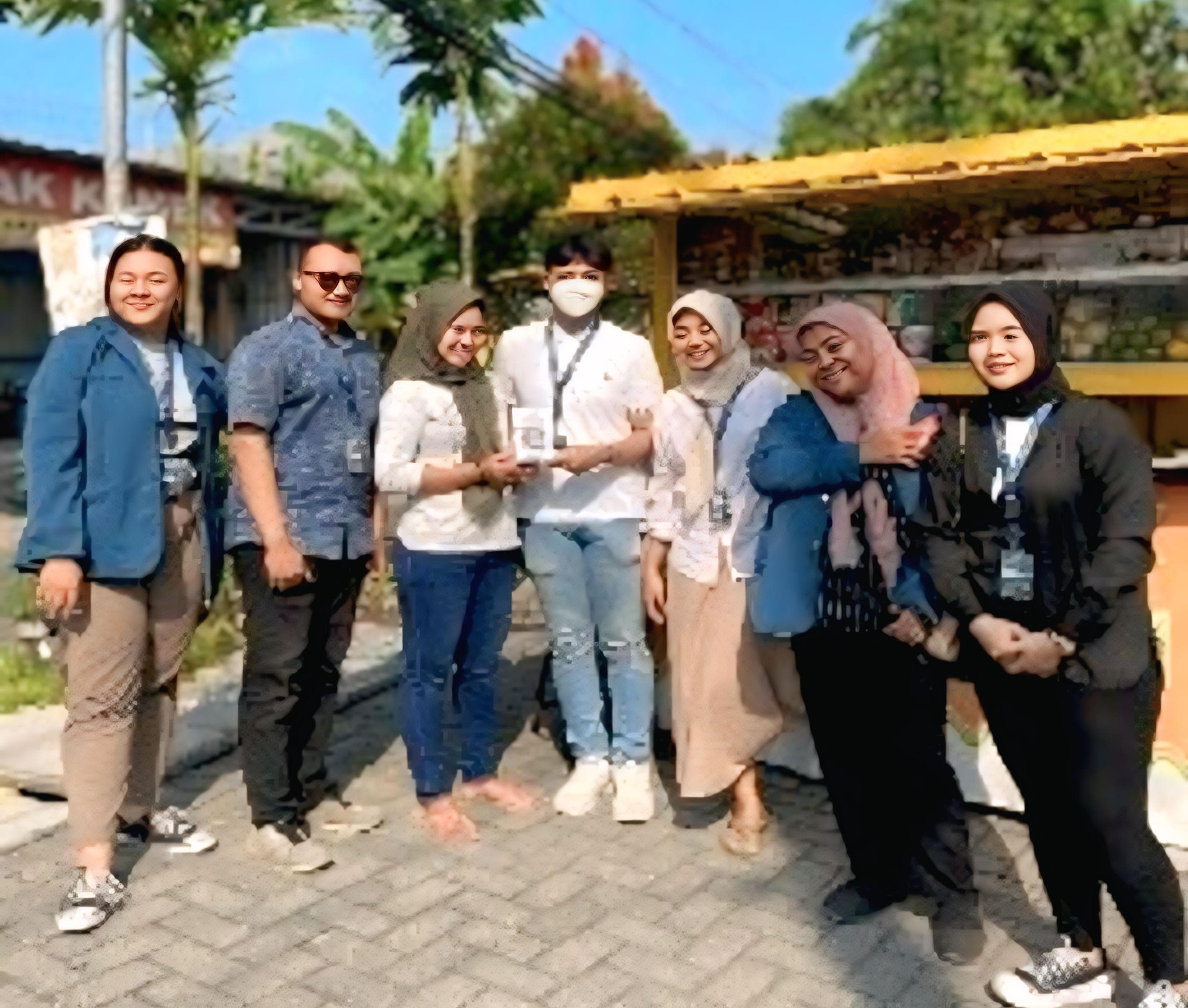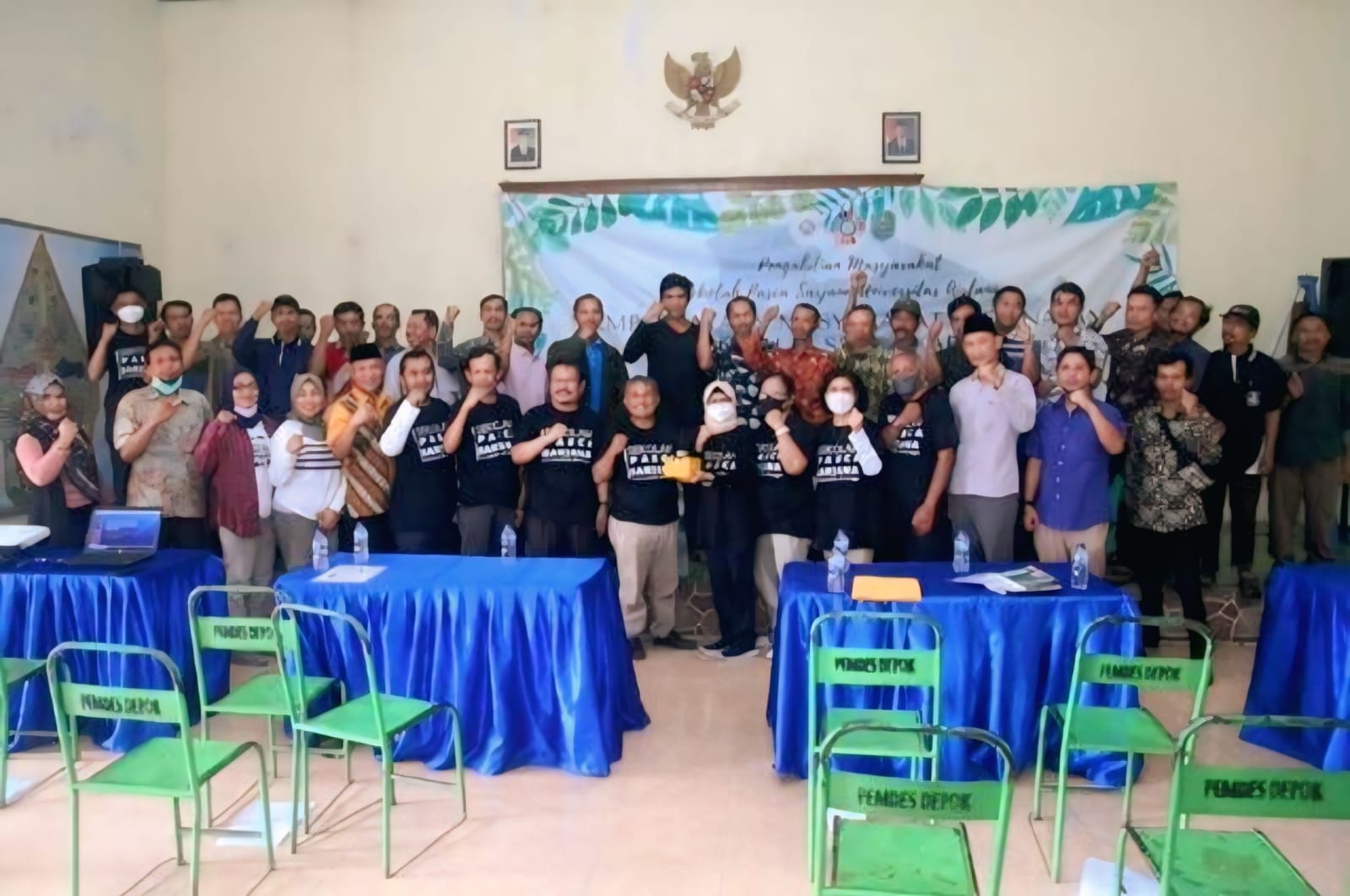HOUSEHOLD WASTE MANAGEMENT THROUGH BIOPORE CREATION TRAINING AND USING RAPEL APPLICATION
PENGELOLAAN SAMPAH RUMAH TANGGA MELALUI PELATIHAN PEMBUATAN BIOPORI DAN PEMANFAATAN APLIKASI RAPEL

Downloads
Background: The amount of garbage in Yogyakarta annually experiences consistent growth. Some inhabitants have not adopted autonomous garbage sorting and depend on police to handle waste management. Yet, the lack of daily garbage collection by officials has led to a buildup of domestic garbage in the Dusun Karangbendo. Knowledge in managing both organic and non-organic garbage may be significantly increased through education, making it one of the most crucial waste reduction measures. Objective: This activity aims to enhance the community's understanding and proficiency in biopores and the implementation of RAPEL as an environmentally friendly approach to trash reduction in Dusun Karangbendo, Banguntapan, Bantul. Method: The approach employed involves providing education and training to the residents of Dusun Karangbendo. Of 18 individuals underwent training to create biopore holes and utilise the RAPEL application to recycle non-organic garbage. Results: A significant rise in knowledge regarding trash management and a strong dedication to using the acquired techniques has been seen (p-value = 0.000). Conclusion: Such measures not only mitigate the adverse environmental effects of garbage but also yield supplementary economic advantages for the community. Anticipated is that this effort will serve as a paradigm for other areas inefficiently and durably handling trash.
Copyright (c) 2024 Khoiriyah Isni, Mailia Zulfa Hasan, Irin Azzahra, Ninis Karlina, Nida Adila, Arini Zela Khumaeda

This work is licensed under a Creative Commons Attribution-NonCommercial-ShareAlike 4.0 International License.
- The Author(s) hold the copyright of the article without restrictions
- Darmabakti Cendekia allows the author(s) to retain publishing rights without restrictions.
- The legal formal aspect of journal publication accessibility refers to Creative Commons Atribution-Non Commercial-Share Alike 4.0 (CC BY-NC-SA), implies that publication can be used for non-commercial purposes in its original form.
























